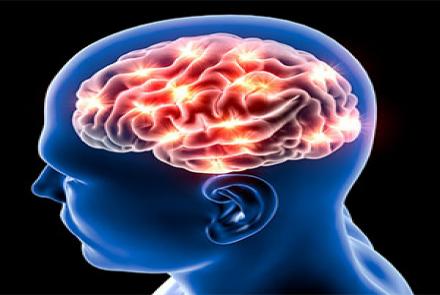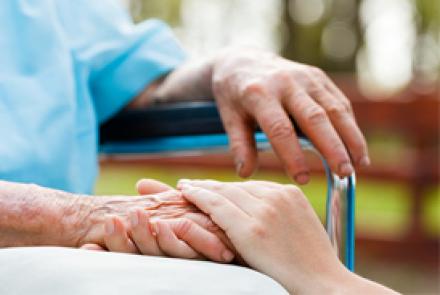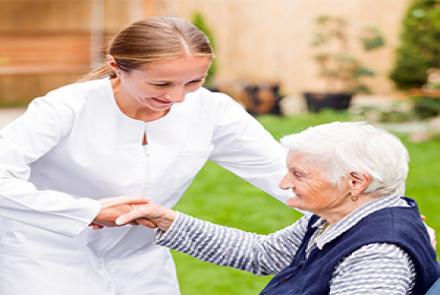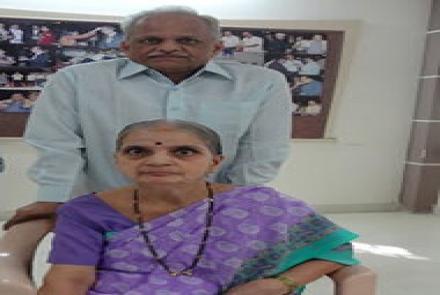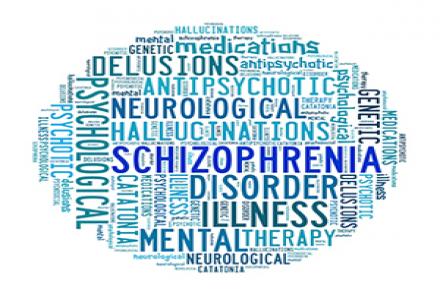One of the biggest misconceptions in society about vitiligo, a skin disorder in which white patches appear on the skin in different parts of the body, is that it is a type of leprosy and contagious. Dermatologist Dr Jawahar Mansukhani dispels these myths by stressing that vitiligo is NOT contagious and cannot be contracted from another person.
What is Vitiligo?
Vitiligo is a chronic skin disorder in which white patches appear on the skin in different parts of the body. This…
Latest Stories
- Dr. Pettarusp Wadia Consultant Neurologist and Movement Disorder Specialist, Jaslok Hospital and Research Centre, Mumbai weighs in on when Deep Brain Stimulation treatment for Parkinson's Disease is a recommended choice and what factors you should consider before making a decision. Deep Brain Stimulation(DBS) in Parkinson's disease is recommended when The patient has a confirmed diagnosis of Parkinson’s disease – fits UKPDS brain bank criteria The patient…
- Being involved in the care of a loved one with Parkinson’s can have its own set of challenges. Often, during the course of taking care of a family member, one may forget to pay attention to one’s own health, needs and feelings. 7 tips for caregivers to look after their own health and overcome caregiver burden. Your Emotional Heath During the course of care giving many caregivers experience a range of feelings such as anger, sadness, frustration, guilt and pain. Having all of these…
- Cancer patients are prone to infections and the home environment must be kept clean. Precautions to follow if they are on chemotherapy or radiotherapy treatment. Dr. Shital Raval shares practical tips for cancer patients and their caregivers to follow with cancer at home. SELF: Keep a pair of gloves handy at home and wear them to clean any spills, cleansing surfaces or disposing trash. Remember to wash hands with soap before and after wearing gloves! Use antibacterial or bleaching…
- Due to Parkinson’s and its symptoms, PWPs may experience certain emotional and behavioural disturbances that can be difficult to manage. These are a few of them: Anger & Stubbornness PWPs may feel angry due to the symptoms of Parkinson’s as well as a sense of dependency that it might generate. Take for example the difficulty in doing activities that were previously done with ease such as walking, cooking, bathing, and talking etc can bring about a lot of frustration in the person with…
- The most effective way to manage difficult behaviours in dementia and keep stress at bay for family, friends and caregivers is acceptance, patience and calmness, recommends Porrselvi A.P. a cognitive and psychosocial interventions specialist. Many people with dementia undergo changes in behaviour during the course of the disease. These changes are unexpected, awkward, difficult to understand and are termed problem or deviant behaviour. These sudden behavioural changes can be challenging…
- A caregiver is someone who lives with, regularly helps or looks after a person with Parkinson’s and is directly involved in his/her care and well being. The following section focuses on the various aspects of this role. Dealing with the Diagnosis and how you can help A diagnosis of Parkinson’s can be a life changing event not only for the person who is diagnosed but for family and friends as well. Initial reaction to the diagnosis can be of shock, denial, sadness, fear, anger and even guilt.…
- As Parkinson’s progresses, your symptoms might also change. Your current symptoms might become more severe, and new symptoms might also develop. You may feel that the medication may not be as effective in controlling the symptoms as they were before as a result you may find that you require help from others to do your routine activities like dressing, eating, bathing etc. Certain symptoms like poor balance, difficulty walking and fear of falling may prevent you from being able to leave our…
- What are the signs and symptoms of Schizophrenia? The symptoms exhibited at different stages are different. The symptoms do not appear suddenly. They creep in stealthily and may be present for weeks to months before they progress to a full blown state. Stages of Schizophrenia elaborates how the symptoms progress. The signs and symptoms of schizophrenia are broadly grouped into two: Positive symptoms Negative symptoms. Positive symptoms of schizophrenia are behaviors and…


